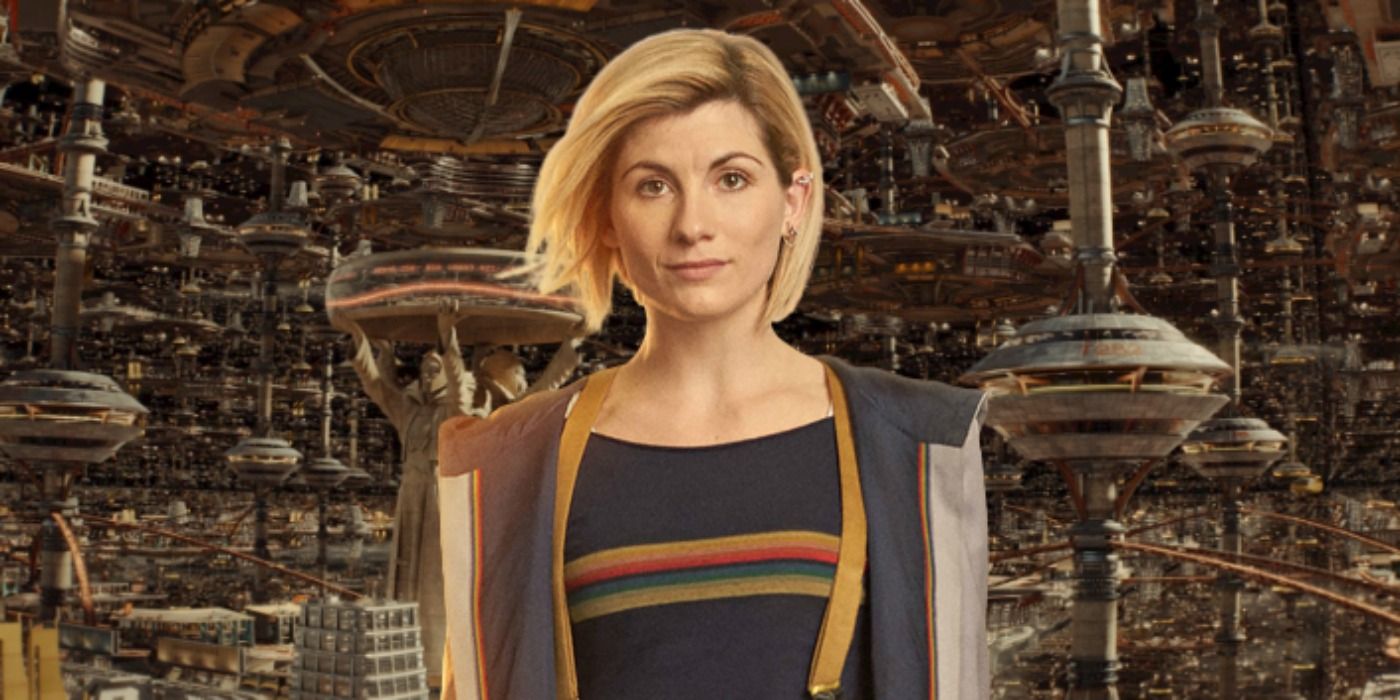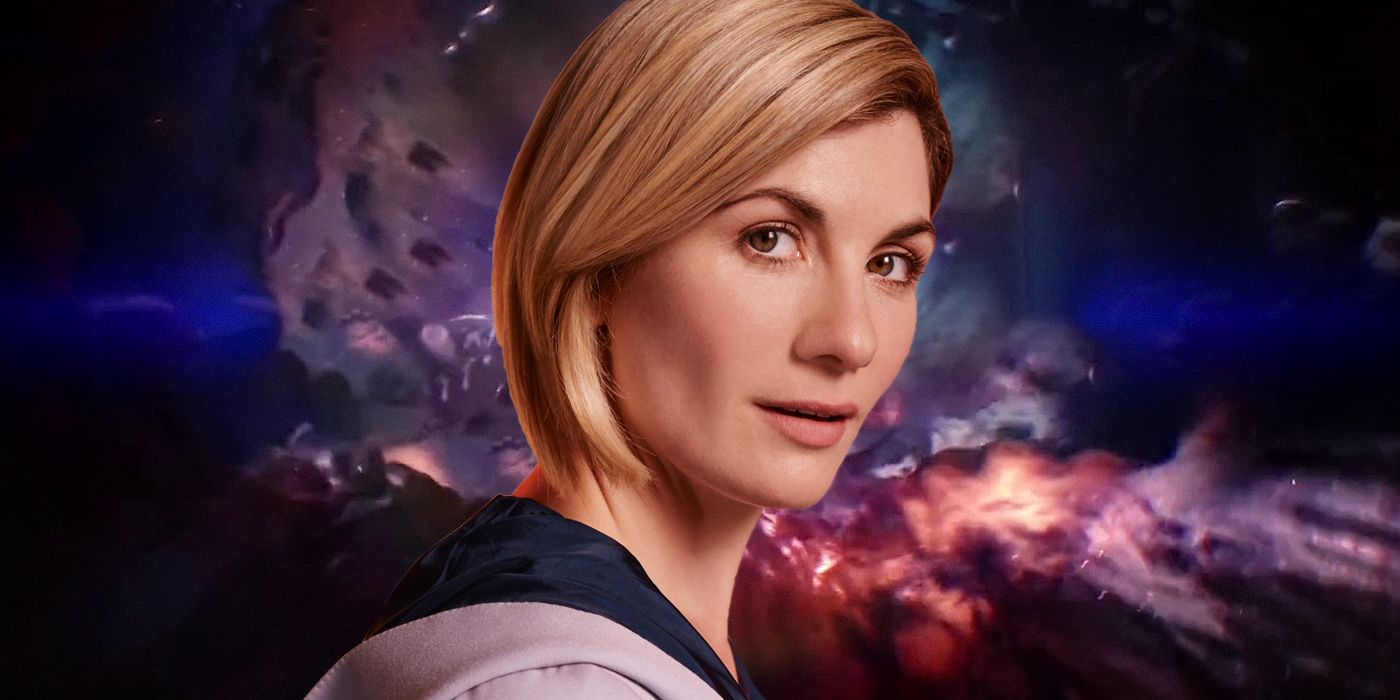Doctor Who can reinvent itself for the age of Disney+ by embracing the possibility of co-productions. The BBC's flagship science-fiction TV series, and the longest-running sci-fi show ever, Doctor Who is one of the most remarkable franchises in the world. The key to its longevity is its potential to reinvent itself, perfectly symbolized by the protagonist's ability to "regenerate" - a smart plot device that allows the BBC to recast its star. Current Doctor Jodie Whittaker is due to depart in 2022, along with showrunner Chris Chibnall, leading to intense speculation about what will come next.
Speaking at the Edinburgh TV Festival, BBC's head of drama Piers Wenger has indicated radical changes are in store for Doctor Who. Chibnall himself seems to be indicating these changes will focus on production as much as anything else, as Doctor Who needs to flourish in an increasingly competitive context. Writing in Doctor Who Magazine #568, he explained the whole of television has been revolutionized during his tenure. "The challenge we were set by the BBC was to keep up with Netflix," he observed. "The challenge for the people who succeed us is to keep up with Disney+. The creative rules are being thrillingly rewritten by shows like WandaVision, while production standards and methods are being redefined by The Mandalorian."
However, that also means costs are rising, too. As Chibnall continued, "There's been up to 35 per cent upward inflation in the cost of making drama while we've been on the show. So we're competing for talent and crew, in a genre with shows that have up to $10 million more budget - not per series, but per episode." (No doubt the challenges became greater after Loki, whose TVA was conceptually similar to the Time Lords.) Classic Doctor Who was often mocked for its low-budget special effects, but the show is too prestigious to get away with that anymore. The BBC must be able to be competitive at a time when every aspect of the public service broadcaster's expenditure is under significant political pressure. The answer lies in a co-production deal. Such co-productions have become increasingly common for the BBC, with a partner co-financing in return for distribution rights and some element of creative say. According to The Radio Times, a good example is the spy thriller The Night Manager, which starred Tom Hiddleston. It cost a reported £3 million per episode at a time when UK broadcaster budgets for primetime dramas rarely exceed £700-800,000 an hour. The BBC co-financed it with AMC and a similar deal with Doctor Who would surely help finance a big-budget sci-fi series.
The last 15 years have seen Doctor Who become an ever-more-significant global brand, with BBC America working hard to draw audiences in the United States. There was a particularly notable marketing push in 2011, the year in which Matt Smith's Eleventh Doctor donned a Stetson, visited Washington, D.C. at the time of the moon landings, and even secretly explained President Nixon's Watergate scandal - deliberate narrative choices by the creative team to draw in American audiences. The strategy has been remarkably successful, perfectly positioning Doctor Who for lucrative and beneficial co-production deals that will allow the show to continue to compete.
The most likely contender for a co-production deal is HBO, keen to expand its slate of content on streaming service HBO Max. Back in August 2019, HBO and the BBC reached an agreement for all seasons of the Doctor Who revival to stream on HBO Max in the United States, and both parties were keen to stress the significance of the deal. "Doctor Who is a program like no other – an incredibly rich world of stories, packed with adventure, regeneration, heart (two actually) and hope. Our audience is incredibly dedicated and engaged, and we can’t wait to work with HBO Max to tell our stories from across all of time and space," Doctor Who's Global Franchise Director Sally de St Croix said at the time. A co-production deal between the BBC and HBO would be a logical extension of this, allowing Doctor Who to become bigger than ever.


